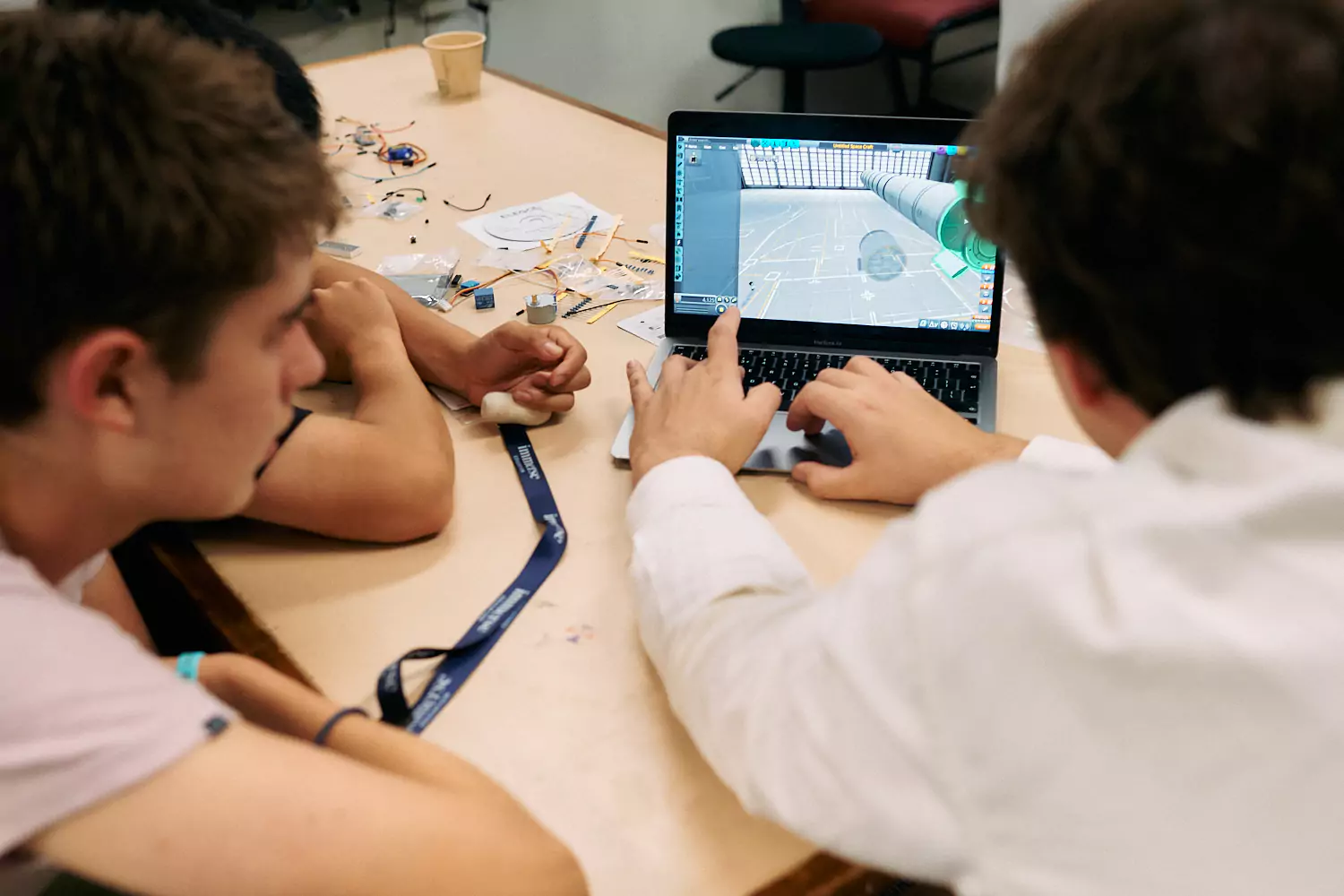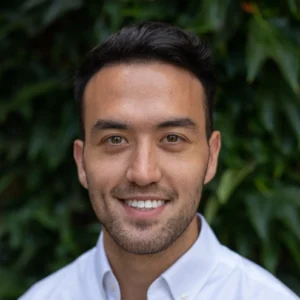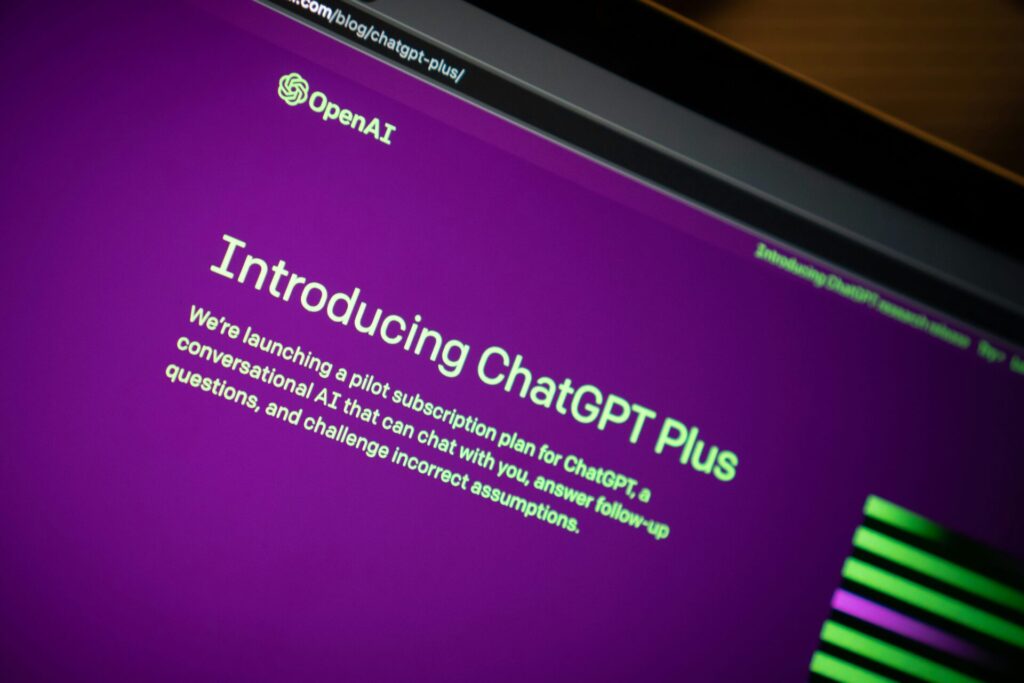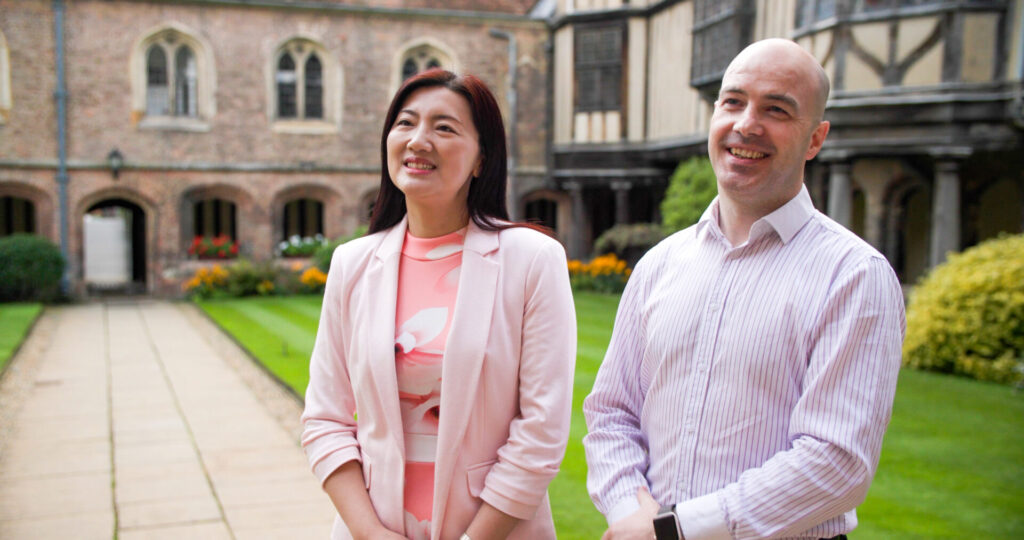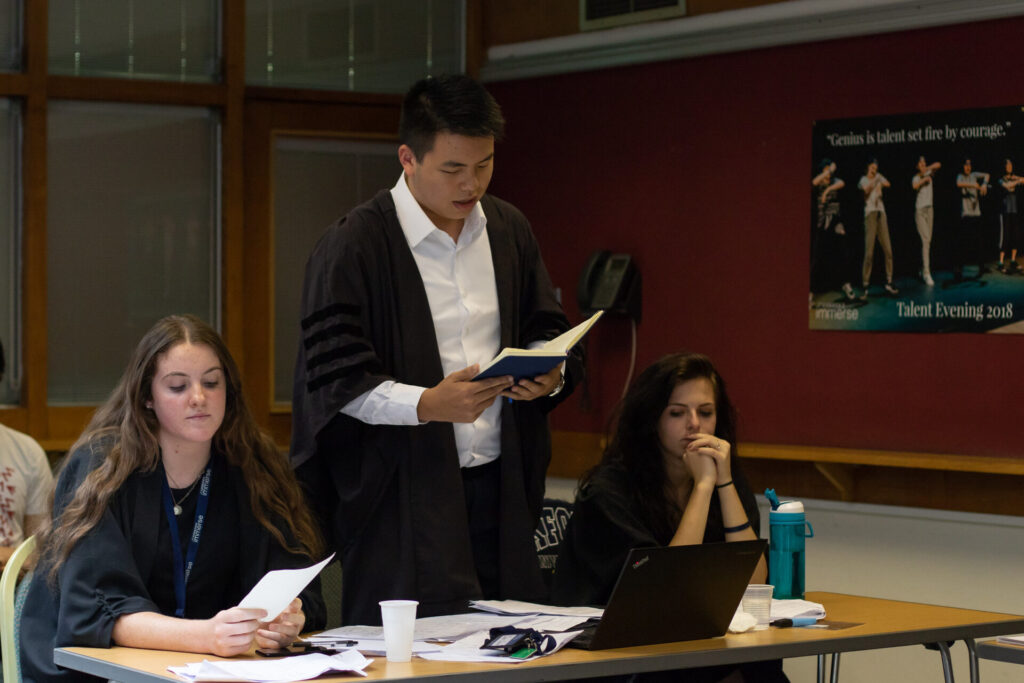For most of the 20th century, education followed a familiar script:
Work hard in school → follow the curriculum → sit the exams → get a good job.
It was a one-directional flow. Teachers taught. Students absorbed. Everyone moved forward on the same conveyor belt.
But that conveyor belt has broken.
In today’s world, Gen Z is growing up in a radically different environment – one shaped by AI, global competition, self-directed learning, and changing definitions of success. And yet, many young people are still being taught to wait:
→ Wait to be told what to study
→ Wait to be told if they’re good enough
→ Wait for someone to hand them a roadmap
But the most successful students today aren’t waiting. They’re building, curating. Experimenting and owning their path.
At Immerse Education, we work with highly motivated 13-18-year-olds from around the world. What separates the standout students isn’t just intelligence. It’s that they’ve made the mental leap from passive consumer to active creator of their own education.
Gen Z has the tools – but not always the agency
This generation has grown up with unlimited access to information. YouTube, ChatGPT, Substack, Duolingo, Discord communities – the resources are there. In theory, they can learn anything, build anything, connect with anyone.
But having tools is not the same as knowing how to use them meaningfully.
According to a 2023 Pew Research Center study, while Gen Z scores high on digital literacy, they often lack confidence in decision-making, time management, and real-world goal setting. In other words, they know how to search – but not always why or to what end.
That’s where educators and platforms like ours must step in – not to hand out rigid plans, but to build the muscle of agency.
Passive education no longer works
The old system was based on predictability. If you followed the steps, success would follow. But the modern world doesn’t reward passive mastery. It rewards initiative, adaptability, and alignment.
“When I ask students what excites them most academically, they often pause. Not because they don’t care – but because no one’s ever asked.”
– Lauren Pilley, Immerse’s Head of Content and Cambridge graduate
We’ve seen time and again that when students are given ownership – when they’re challenged to reflect on what they value – they step up.
That’s the transformation we see through tools like our Succeed platform, where students explore global competitions, build university plans, and reflect on personal goals. It’s not top-down. It’s discovery-led.
What does “owning your education” look like?
One thing I’ve learned from working with students globally is that the most effective learners aren’t always the brightest: they’re the most reflective.
Here’s what proactive students tend to do differently:
- They set micro-goals
Not “become a doctor” – but “attend a free online lecture this week on neuroscience.” - They seek feedback
They use AI tools, mentors, and competitions to understand what they’re doing well – and where they can improve. - They diversify input
They explore podcasts, videos, student communities, and curated platforms, rather than relying solely on classroom material. - They reflect consistently
They journal, build digital portfolios, or create mind maps to visualise what they’re learning and how it connects.
It’s not about going it alone. It’s about learning how to drive your own growth with the right support.
Join the Immerse Education 2025 Essay Competition
Follow the instructions to write and submit your best essay for a chance to be awarded a 100% scholarship.

Guest Voice: Maryana de Castro Rodrigues – Career and University Counselor at Escola Eleva
Linked: linkedin.com/in/maryanarodrigues/
In my experience, Gen Z students are used to having quick answers at their fingertips, especially due to their high exposure to technology and social media, which makes it harder for them to engage with processes that require time, persistence, and exploration. But building a strong profile for college and the future job market doesn’t just happen, it requires effort, curiosity, and stepping outside the comfort zone.
That’s why it’s so important for us, as educators, to truly know our students and understand what motivates them. I always remind them that it doesn’t matter if they attend a top 10 university if they don’t take advantage of opportunities like research, internships, and study abroad. Just a name won’t make them get a great job. The same applies in high school: experiences such as projects, clubs, and job shadowing are what help them make informed choices about their futures. I always tell them: Medicine isn’t Grey’s Anatomy and Law isn’t Suits. They need real exposure to understand what these paths actually involve and then decide if they’ll want to follow them or not, having actual criteria and not romantic ideas.
There’s no universal recipe for the “best” extracurricular activity. What matters is finding what’s meaningful for each student, and our role is to guide them in that journey.
How we can help Gen Z take the wheel
If we want this generation to thrive, we need to help them stop seeing education as something done to them – and start seeing it as something they actively build.
That means:
- Schools introducing student-led modules or independent projects
- Parents encouraging initiative rather than perfection
- Mentors helping students shape identity, not just improve scores
- Platforms offering guided autonomy, not just content
At Immerse, we believe that one of the most powerful questions we can ask a student is “What do you want to learn next, and why?”
For us, everything else flows from that.
Final thought: the future belongs to the builders
Gen Z is not short on talent, energy, or tools. But the ones who will thrive are the ones who develop the mindset and habits of ownership -who stop waiting and start creating.
Passive learning is over. The future belongs to the proactive.
Want to help your students or children take ownership of their future?
Explore how Immerse Education and our student platform, Succeed, are helping Gen Z design their own learning journeys at immerse.education.





